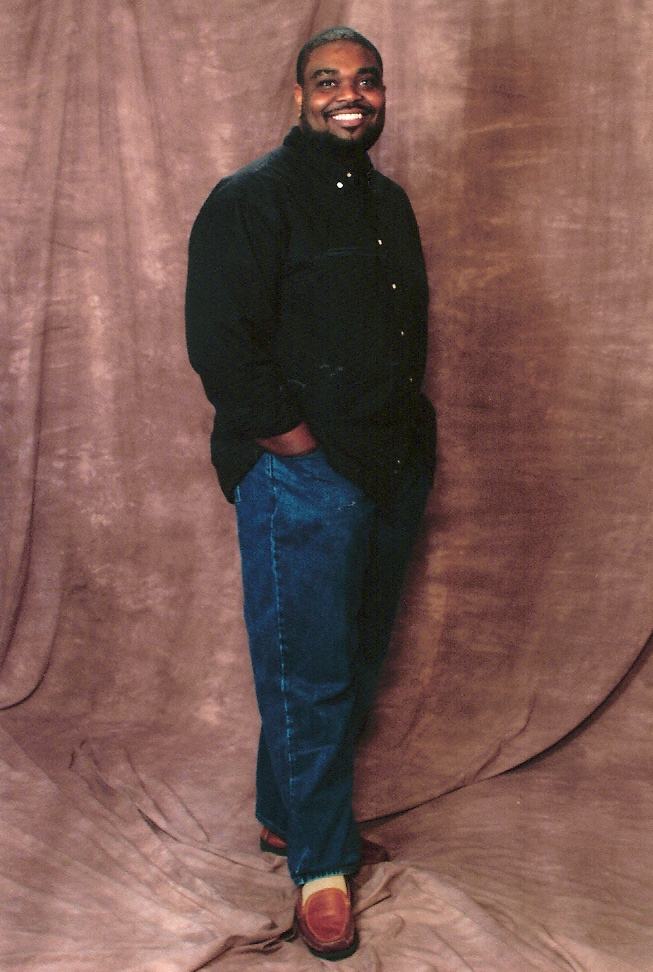I know that I've already blogged twice about sermonic plagiarism, but evermore interesting thought concerning the issue continues to arises. Trust me, I'm not on a hunt to root out some plagiarizer, rather people keep giving me head's up when they come across something on the subject.
This week our Administrative Minister handed me an article Dr. Thomas G. Long contributed to this month's The Christian Century. Here are some of the more choice quotes from that piece:
"...preachers who stand up on Sunday morning with a sermon ripped off the Internet and preach the words as if they were their own almost certainly violate the implied agreement with the congregation.
"A good test of this point is to ask, What would happen if the preacher told the truth? "Hey, folks, it's been a busy week and I didn't have time to work on a sermon, and honestly, I'm not all that creative anyway. So this is a little something I found on the 'net" (and I would interject a "book" read). The fact that the air would immediately go out of the room is a reliable indicator that the tacit agreement of the sermon event has been violated. This is why plagiarists, for all their blather about God's words being free to all, never confess their true sources and always imply that these words are coming straight from the heart."
------------
"Only preachers who deliver their own sermons stand with one foot in the life of the people and one foot in the biblical text."
------------
"All preacher borrow from others, and should. There is a difference between being a debtor and being a thief. All preachers stand on the shoulders of biblical scholars, theologians and faithful witnesses from across the generations. We do not owe our congregation an original essay: we owe them a fresh act of interpretation."
------------
"Pulpit plagiarists...in the name of expediency, will grab what they wish wherever they can find it and claim it as their own. Their stolen sermons may occasionally sparkle, but in the end they will have spread the banquet table of God with the empty calories of homiletical fast food."
Food for thought, I think.
Wednesday, April 18, 2007
Subscribe to:
Post Comments (Atom)

2 comments:
Yeah - in my mind the key is whether you are willing to cite your source of material or not. If not, then why? Why would you not say where you got your information from? I think this shows that the preacher knows about the "tacit agreement" you referred to.
There's a line there somewhere where it's okay not to cite. I could be wrong, but I saw a great 3 point outline the other day that made the exact point I wanted to make. I took it and ended up rephrasing it and even I think totally changing one point of it. I didn't cite because by the time I was done only a basic idea had come from that outline. But then again, I wouldn't have minded sharing where that idea came from either. I think I did cite it in my sermon manuscript.
I think too, its another thing if 1) you are bi-vocational and/or 2) your church leadership knows what you are doing and you let people know in some way that you use "canned" sermons. Maybe you put a note in the bulletin somewhere. E.g. "Pastor Jake's message today is adapted from a message originally preached by Rick Warren of Saddleback Church in California."
That seems okay to me. What do you think?
Very interesting words from Mr. Long. At least I thought they were interesting when I wrote them, three years ago! (dump, dump, dummmmm!) Just kidding.
As usual, you are correct. As a stealer of many bits and pieces, I try to follow the Craddock advice of letting your audience in on the theft. They don't expect you to be that clever, just honest. In the end, I think it's easier to be clever than honest. But, I'd rather be remembered for my integrity than my levity.
Out.
Post a Comment